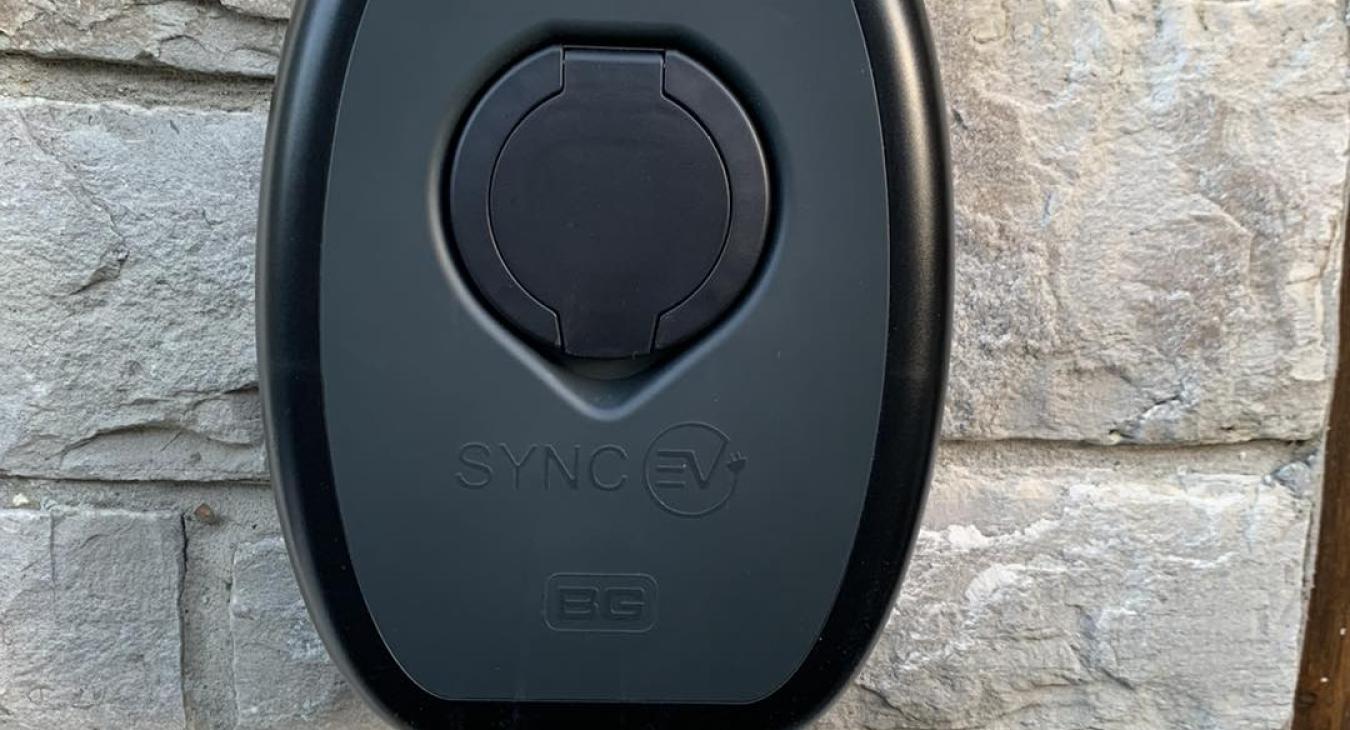Absolutely delighted with Tyne Electrical Services…definitely highly recommend and will use again...thank you.

Electric Vehicles have grown in popularity and are becoming more and more common. Despite this, refuelling an electric vehicle is still not as quick as with internal combustion engines and charging stations not as readily available either. It therefore makes sense to be able to charge your electric vehicle at home, at your own convenience and whilst taking advantage of any discounted rates on electricity costs.
Can every home have an EV charging point?
There are certain requirements that have to be met in order to have an EV charger installed at your home address, namely:
- Off street parking area such as a garage or driveway
- An electrical system capable of taking additional load
When you ask us to install an EV charging point at your home address, we will need to carry out a visual inspection on site and some electrical checks too.
Visual Checks
We will ensure that there are not obstacles in the way of the charging point and your vehicle along with checking for any exposed metalwork within easy reach of the charge point and your vehicles parked location. We will carry out a visual check on the earthing system and incoming electrical mains supply equipment along with looking at your consumer unit / fuse box.
Electrical Checks
We carry out some electrical checks to ensure that additional load on your electrical system will not adversely affect it. In the case of older wiring systems and older fuse boxes, additional strain can cause damage to the system. Don’t worry though, you are in safe hands with us here at Tyne Electrical Services.
How fast can a home EV charger work?
EV chargers for home use come in 3 different speeds. The quicker the charge the more electrical demand is placed on the system and the larger the incoming supply needs to be in order to safely feed your EV charger.
Typically, there is the 3.7kw, 7kw and 22kw charger each taking typically 16 hours, 8 hours, and 4 hours (roughly) to charge the average electric vehicle.
Most of our customers will choose to have a 7kw charger installed as without a very large mains supply from the electricity company, a 22kw charger cannot be used and a 3.7kw charger is a little slow to charge vehicles for most peoples needs.
What if my electrical system is really old?
There are always solutions to install new electrical equipment even where existing electrical systems are a little older. Whilst carrying out the on-site inspections, I will be able to come up with various options for older electrical systems and installation of the new EV charger.
It is possible, for example, that the earthing for your electrical system may be inadequate and require updating. If your fuse box is particularly old, out of date or has no capacity for electrical additions then it may be possible to install an additional, small standalone fuse box to power the EV charging equipment.
More Information
If you would like more information then just get in touch with me. I can also offer online quotes here.









